Doubters find their voice on recognition: ‘fix is destined to fail’
A formal committee for the No campaign will be launched on Monday featuring current and former MPs and prominent Indigenous figures.
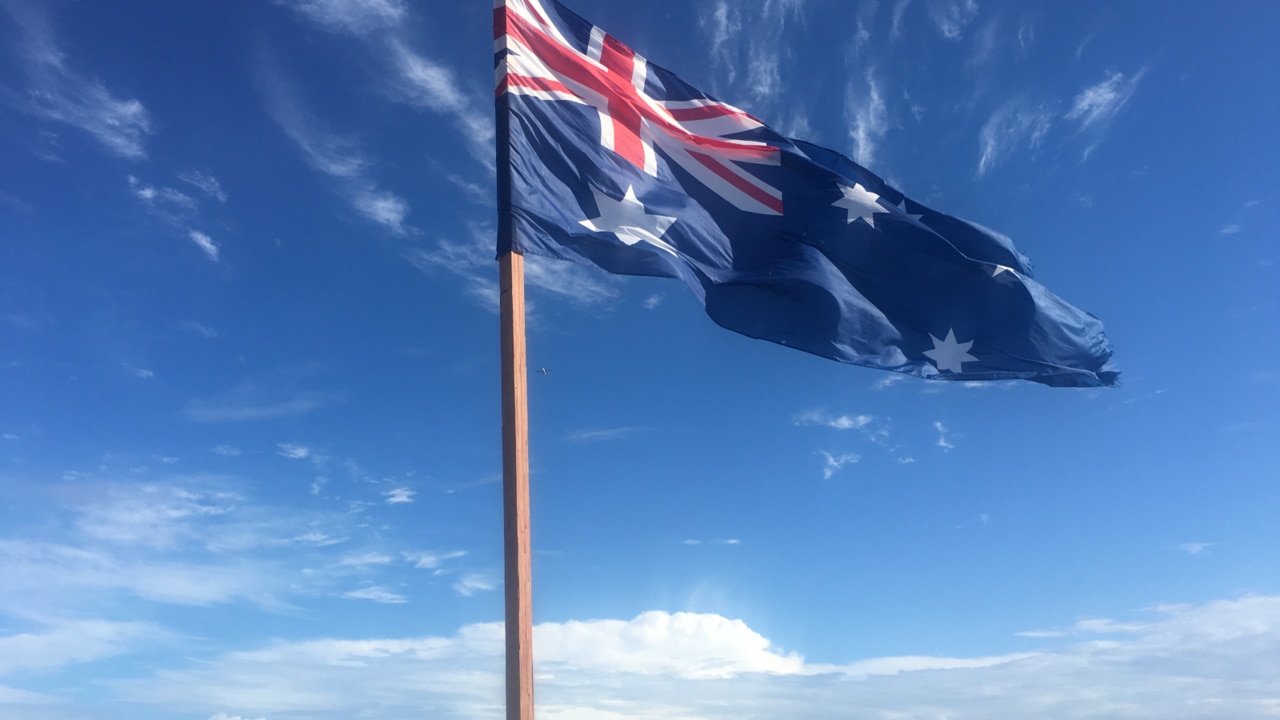
A formal committee advancing the No case for a constitutionally enshrined Indigenous voice to parliament will be launched on Monday and warns the body would forever change the way Australia was governed while failing to improve results for Aboriginal and Torres Strait Islanders.
Comprised of former and current MPs and prominent Indigenous figures, the No campaign will propose a preamble to the Constitution and a new parliamentary committee to focus on the rights of native title holders under existing legislation.
The six-member committee has enlisted leading Indigenous voices including Country Liberal senator Jacinta Nampijinpa Price and former Labor Party president Nyunggai Warren Mundine. Former Nationals leader John Anderson will also be a key spokesman, and the committee will be administered by former Labor minister and charities commissioner Gary Johns.
Other members include Indigenous Australians Bob Liddle, who owns Kemara enterprises, and Ian Conway, who started Kings Creek Station in the Northern Territory and developed an educational trust for disadvantaged remote children.
The No Case Committee claims it will be the “foundation” group around which the No case will be fought, and is calling its campaign Recognise a Better Way.
Anthony Albanese said on Friday the referendum would be about a vote for “consultation with Indigenous people on matters that affect them. That is simply the principle that is there.”
But the No case will contest the idea a federal voice would have a benign influence on Australia’s system of parliamentary democracy, with Senator Price saying it could follow in the footsteps of the First Peoples Assembly of Victoria, which had its first meeting in December 2019.
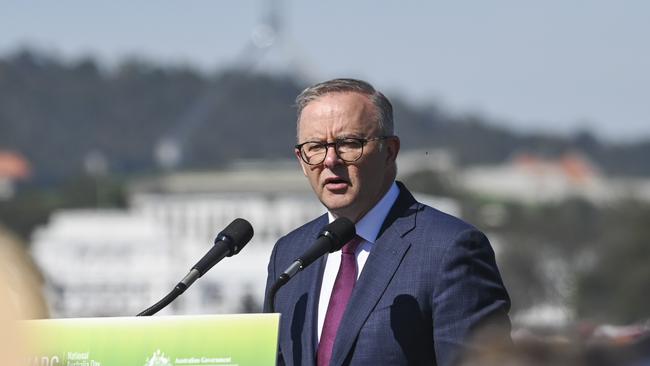
Describing itself as “the voice for Aboriginal and Torres Strait Islander peoples in the Treaty Process”, the First Peoples Assembly has proposed ideas that Senator Price warned could “split” the country.
These include making “a number of seats” in state parliament open to election exclusively by Indigenous Australians; creating a “permanent representative body with meaningful decision-making powers” that it likens to a “black parliament” and delivering “First Peoples oversight of the Victorian government and public service”.
The Victorian Labor government has also provided $65m towards “fair and equitable” treaty negotiations, something Senator Price warned would become a key focus of a federal voice.
“I think the Prime Minister needs to inform the Australian public of what his intentions are – would he block a model like what’s unfolding in Victoria so as not to create another chamber of parliament,” Senator Price said. “The current model of the First Peoples Assembly is a model that could absolutely be adopted and adopted in our Constitution if this referendum is successful.”
Mr Anderson also said that if the proposal was “as modest as the Prime Minister wants us to believe, where is the advice from the Solicitor-General? If it were as essentially benign as they say, all my experience tells me we would have had that advice by now,” he said.
Writing in The Australian, Senator Price, Mr Mundine and Mr Johns said the government’s proposal was misplaced and unnecessary. “The Albanese government’s proposed voice in the Australian constitution is the wrong way to recognise Aboriginal people, or help Aborigines in need,” they said.
“The voice is a second voice, a second bite at the cherry, for one group only.
“The voice proposal smacks of the paternalism of an earlier time, without proof that it will help those in need. It is an insult to the fact that Aborigines are capable of being heard in the public arena.”
With Mr Albanese deciding there will be no public funding for either side, the committee has formed a fundraising arm to bankroll its campaign through donations, with significant corporate backing expected for the Yes campaign.
Mr Johns told The Australian that he believed the referendum would swing largely on a soft Yes vote.
“Every Australian is sympathetic and empathetic to the cause of Aboriginal people,” he said. “The question is whether this instrument will do the job. We say it won’t.
“The important point is that this whole debate started out as a means of recognition, unfortunately it went way over the top and came up with a piece of architecture with enormous implications for democracy.”
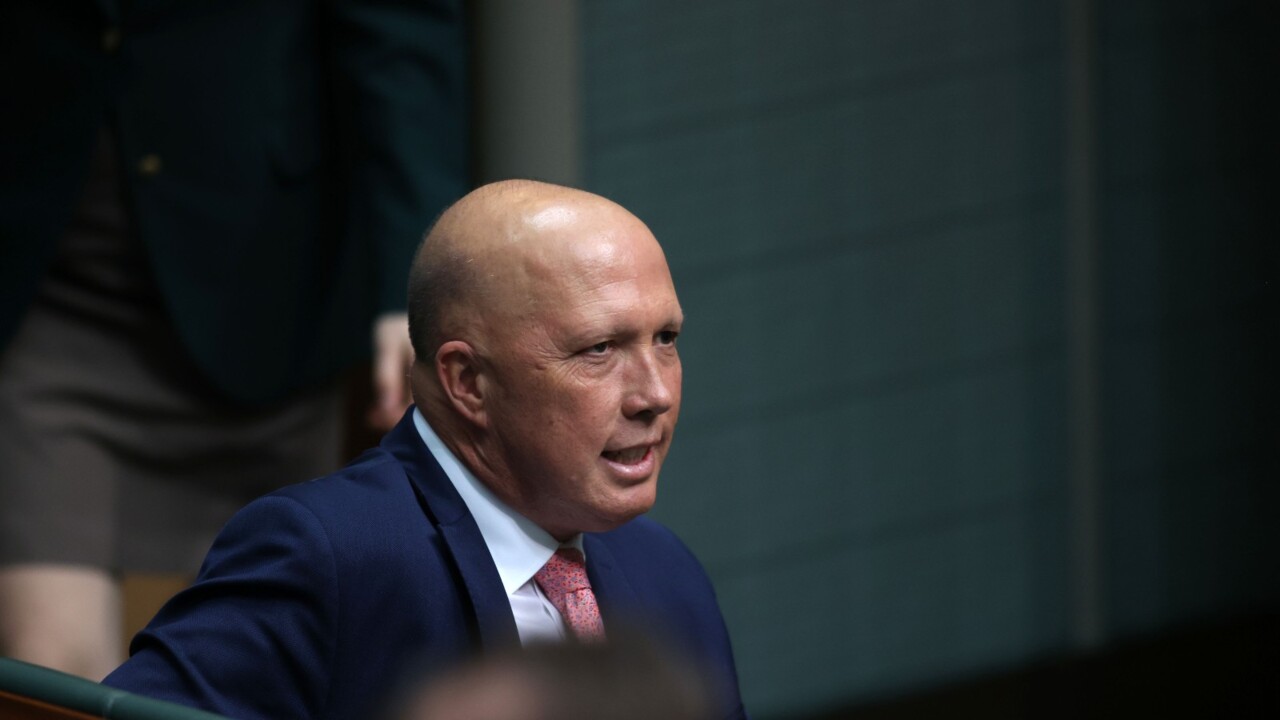
He said there was nothing in the construction of a voice to parliament that would resolve the issues of recent violence in Alice Springs.
The committee has proposed an alternative to the referendum and voice, with a three-point plan that seeks to recognise prior occupation of Aboriginal people in a preamble to the Constitution.
“Prior occupation is a sensible ask. Any more, such as descriptions of people’s culture, is not. We all have culture,” the committee said.
It also proposed an all-party parliamentary standing committee for native title holders, recognising that legislation already existed that was unique but needed to be able to assist those in need to “find a way into the modern economy”.
It also called for more support for “Aboriginal community-controlled organisations”.
“If we were to characterise the voice proposal, it is a great deal more than a housekeeping provision, it is a serious change to the way we govern,” they said.
Right-wing activist group Advance will also throw its weight behind the No campaign on Monday, warning that a federal voice will embrace the agenda of the First Peoples Assembly in Victoria.
“The state parliament’s version of the ‘voice’ is an unpredicted power grab that threatens to turn representative democracy in that state on its head,” the group said. “The Prime Minister must come clean and admit that this referendum is about more than just a principle. It’s the first step in a wholesale transfer of money and power to one privileged group based on race.”
Assistant Indigenous Affairs Minister Malarndirri McCarthy on Sunday said the negotiation of the treaty process was under way at a state government level. She made the observation after Greens’ Indigenous affairs spokeswoman Lidia Thorpe signalled she would not support the voice amid concern it did not go far enough, including a commitment of reconciliation through treaty.
On Australia Day, hardline Indigenous activists – including Senator Thorpe – used anti-Australia Day rallies to strike out at the voice campaign and demand the treaty process take priority over the referendum.
“(It’s) interesting that Senator Thorpe has made the position and the stance that she has,” Senator McCarthy told Sky News. “Treaty is occurring in each state and territory … In fact, Victoria is actually one of the first. I’m very interested to have a further discussion on that in the Senate when we return next month.”
Senator McCarthy also acknowledged this week was a “critical moment” ahead of a report handed down by Central Australian Regional Controller Dorrelle Anderson after she conducted community consultation regarding the reintroduction of alcohol restrictions and an opt-out system for communities across Alice Springs.

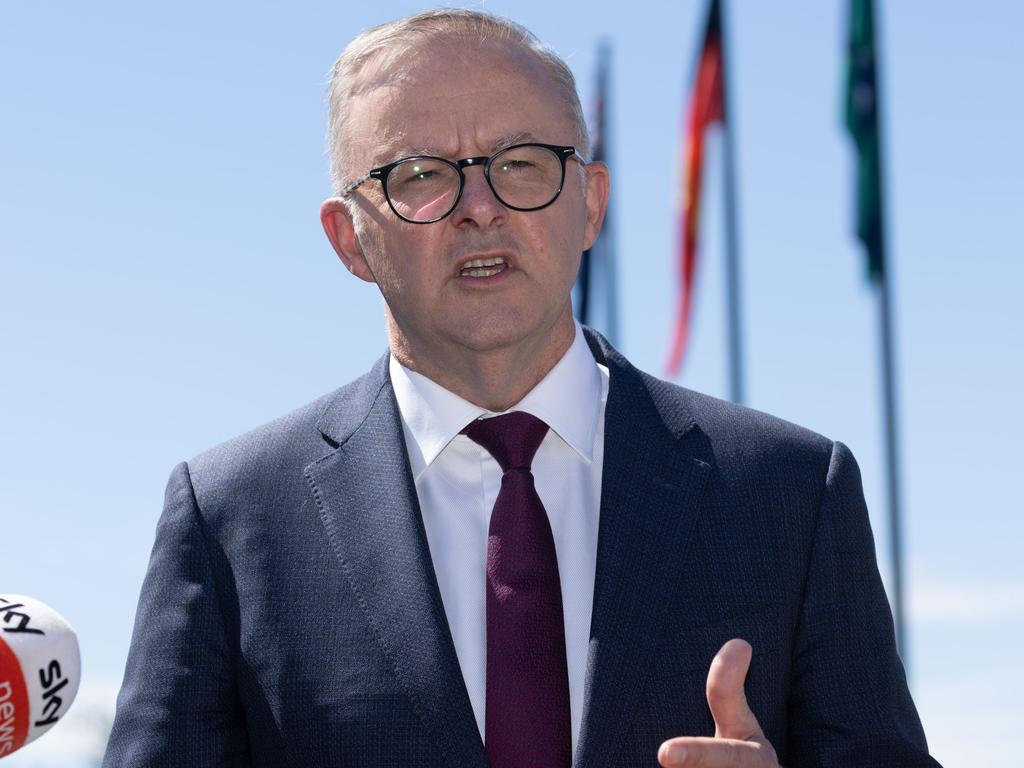
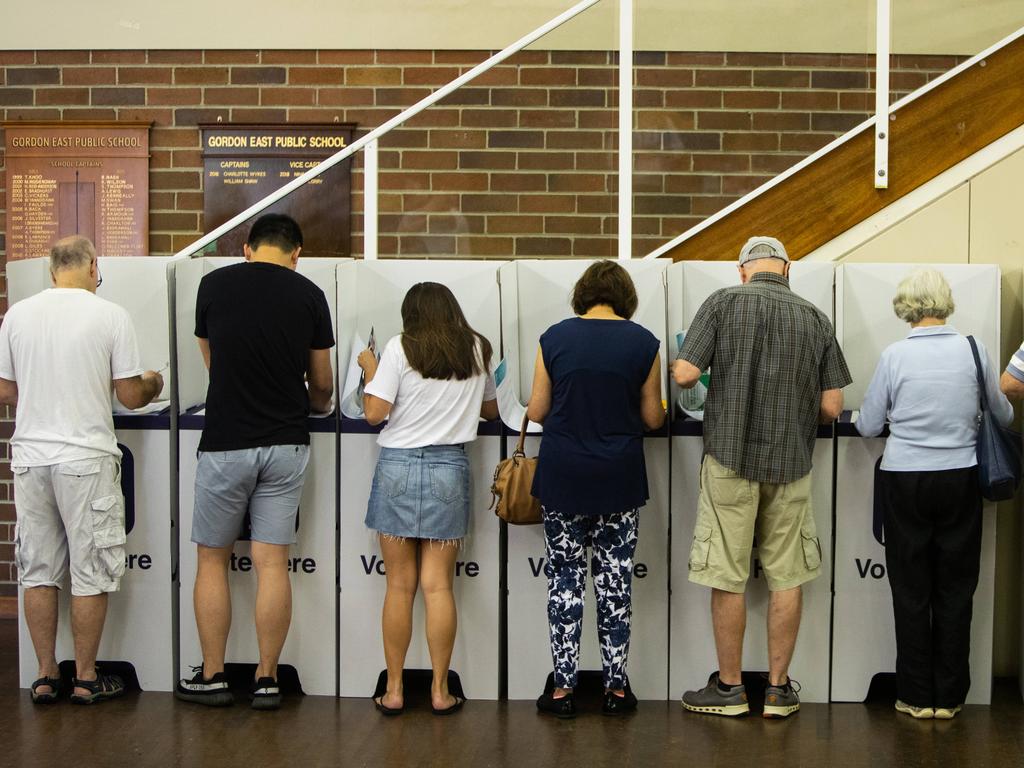
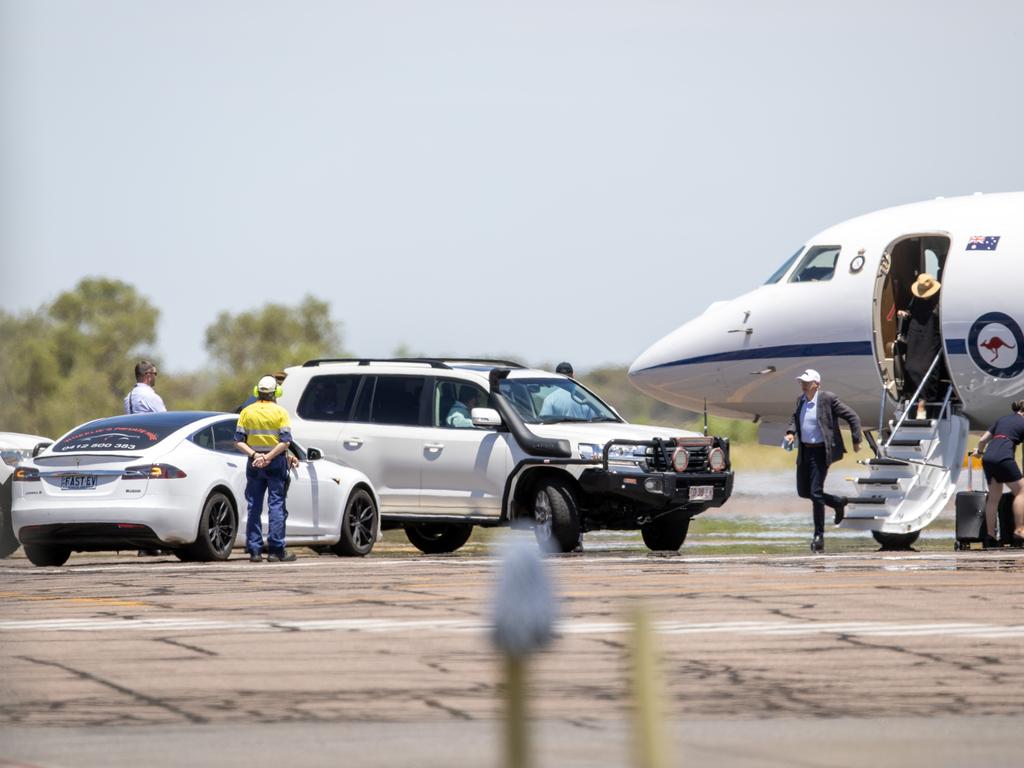



To join the conversation, please log in. Don't have an account? Register
Join the conversation, you are commenting as Logout